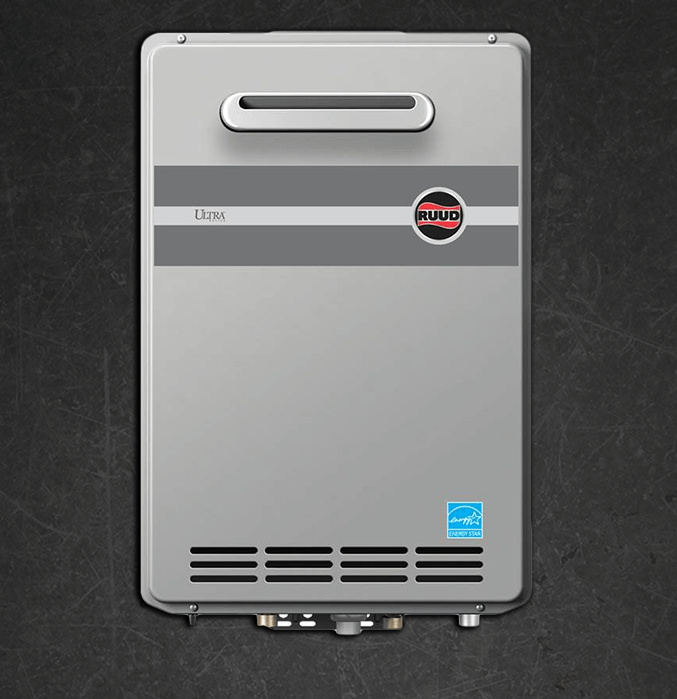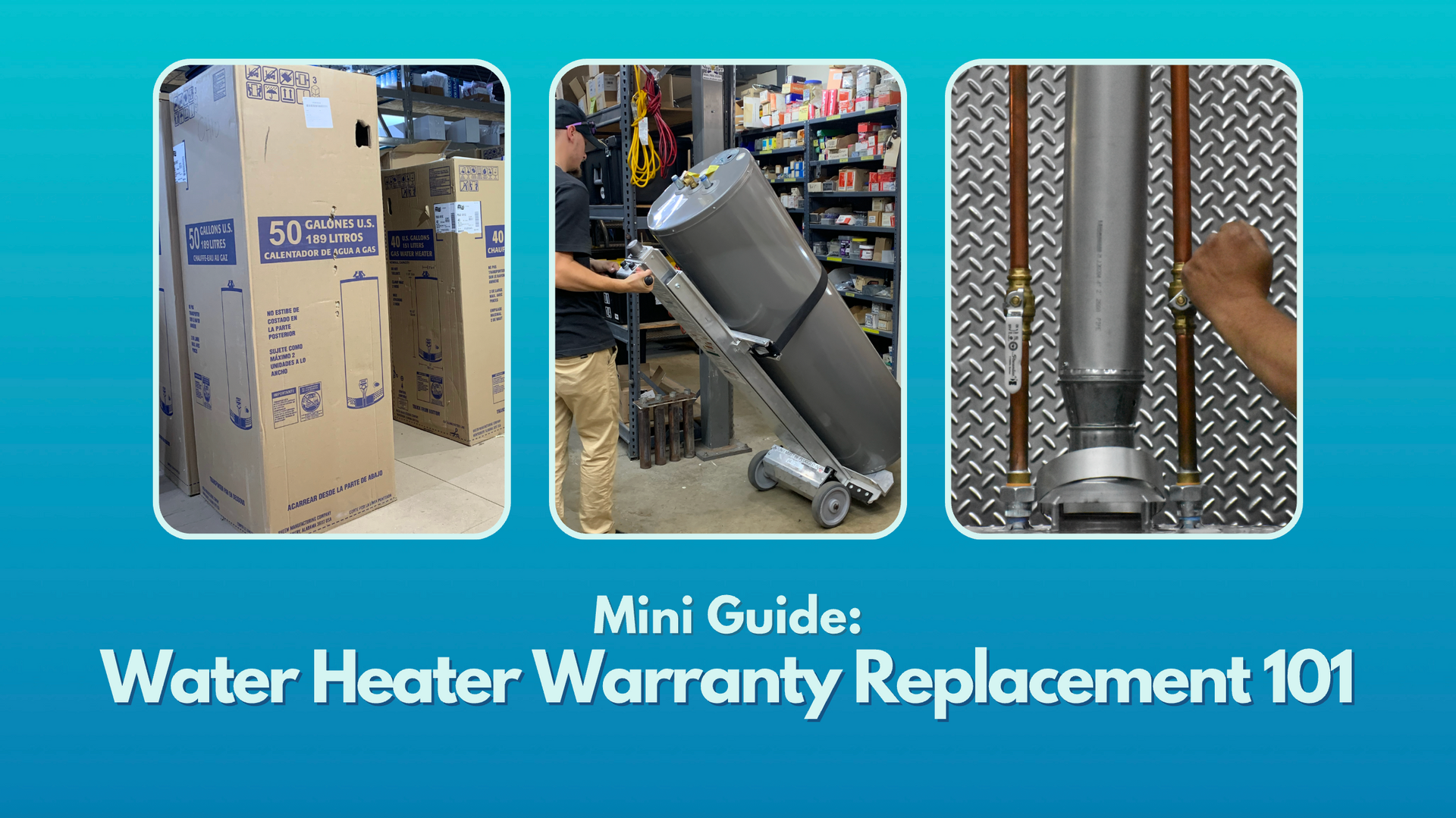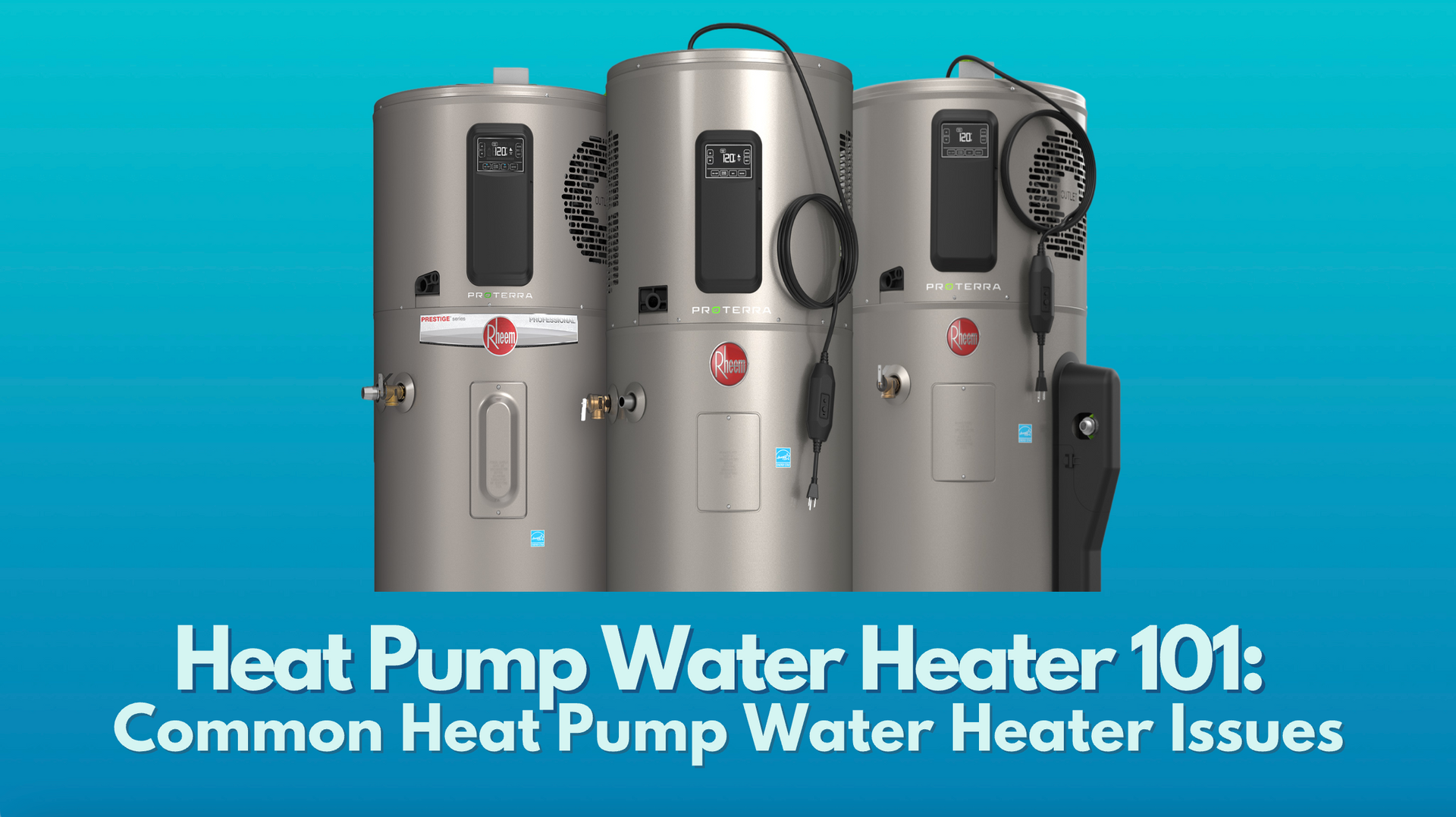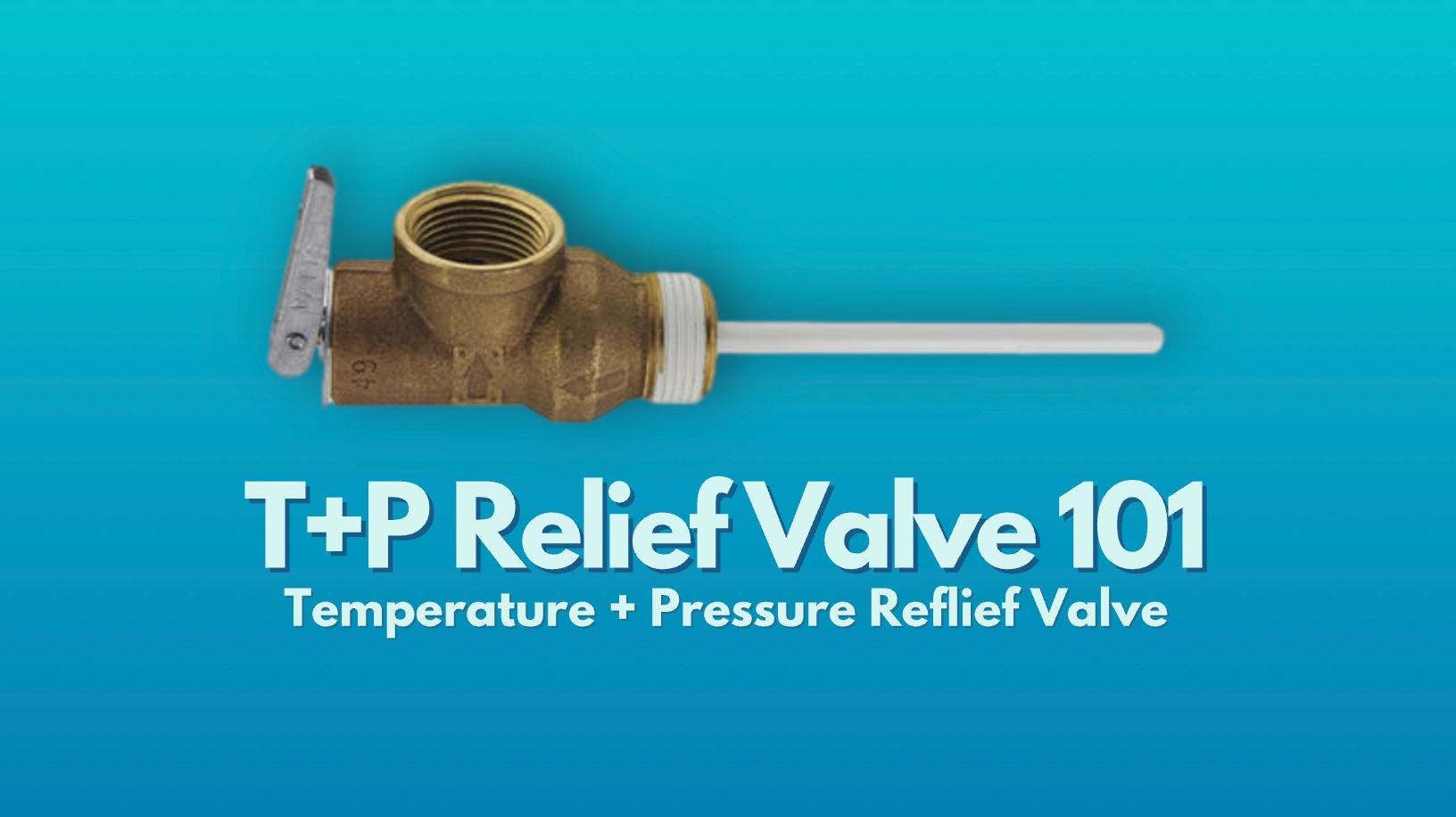How to Save on Water Heater Energy Costs This Winter
How to Save on Water Heater Energy Costs This Winter
Your water heater has a substantial impact on your energy bill, only after space heating. According to the Energy Information Administration, water heaters make up 19% - 32% of a home’s energy consumption. During the winter months, you’ll notice higher heating costs the rest of the year. Take preemptive action to reduce your water heater energy use now before you pay for it. Use these energy saving tips to save on water heater energy costs this winter. New Paragraph
#1. Use Less Hot Water
While it may seem like an overly simplified answer, the first way to lower your hot water heating bill is to use less hot water.
Start by taking shorter showers and using low flow shower heads. While many municipalities allow showerheads with a flow rate as high as
2.5 gallons per minute (GPM), you can find low flow shower heads with flow rates of 1.5 GPM or lower.
It’s also important not to run appliances, such as dishwashers and laundry machines, unless they are completely full.
Finally, you don’t want to let water run too long. Shut off water while brushing your teeth. You can also install a
recirculation system to your hot water heater, which will ensure even remote fixtures get hot water within seconds. That way, you wont’ need to let your shower or faucet run until it gets hot.
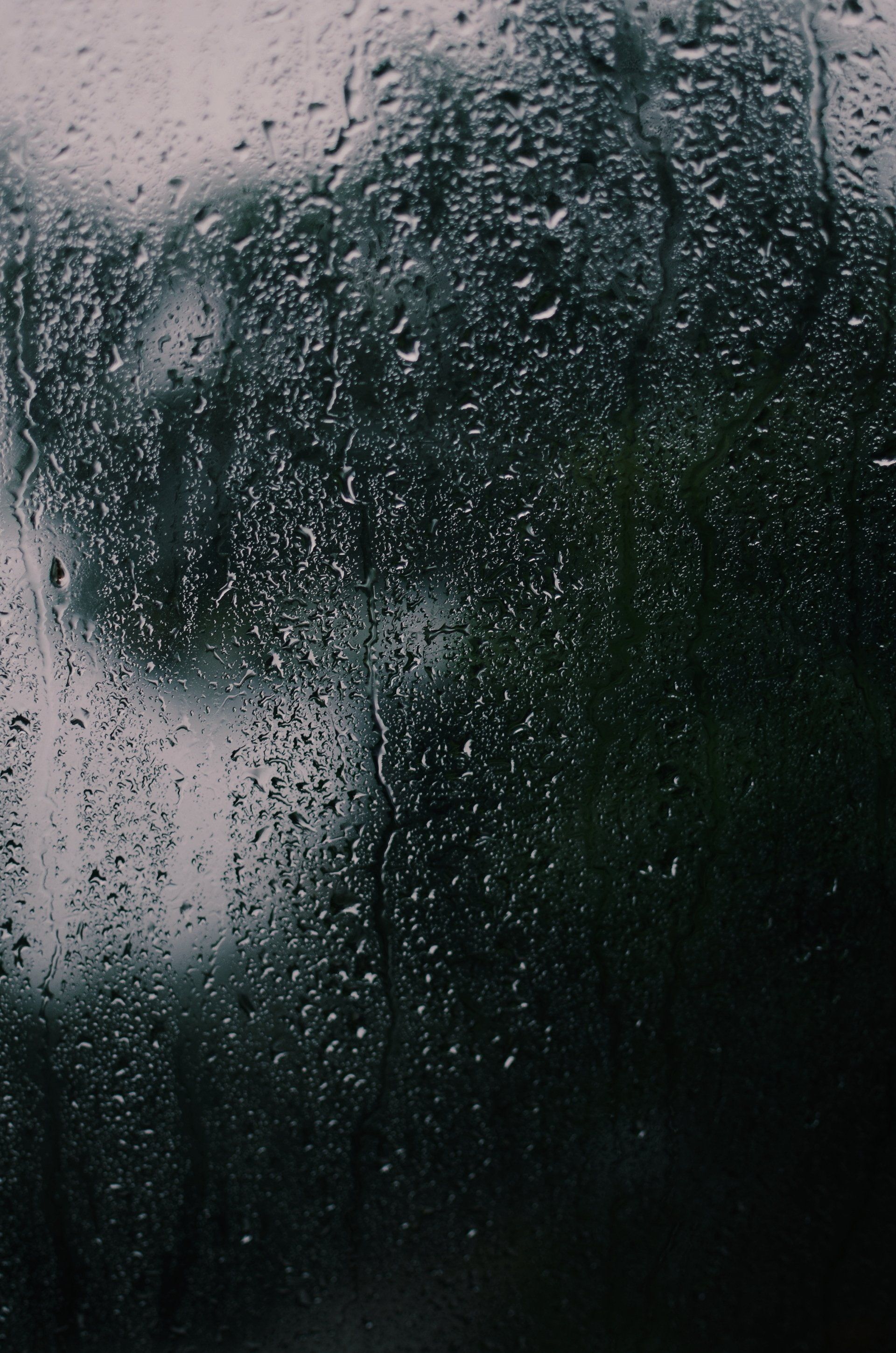

#2. Insulate Your Water Heater and Pipes
Heat sometimes escapes from a water heater tank or the pipes that transport the hot water. When heat escapes, the water heater must use extra energy to reheat the water, increasing utility bills.
Standby heat loss happens when water heaters and pipes don’t have the proper insulation.
Many modern water heaters have insulation inside of the tank already. However, the insulation will deteriorate over time. Furthermore, insulation doesn’t always create optimal efficiency.
You can use a water heater blanket and heating tape to insulate the water heater and pipes before the weather gets cold.
Insulation is rated with a R-rating. The higher the
R-rating, the better the insulation material. For example, an R-60 rating offers significantly more insulation than a rating of R-16.
#3. Lower the Water Heater Temperature
The majority of people love a hot shower. However, the hotter the shower, the more energy required to heat the water to that temperature.
Experts recommend heating water to 120 degrees. Bringing the temperature down to 115 degrees or 110 degrees will still provide warm water while lowering the utility bills. In fact, it’s estimated that this small act can save 4 - 22% on your utility bills every year.
While you don’t want to turn the water heater completely off, you can turn the temperature down even lower when you leave for the day or go on vacation. You can change the temperature manually, or, in the case of a tankless water heater, you can set a programmable thermostat.
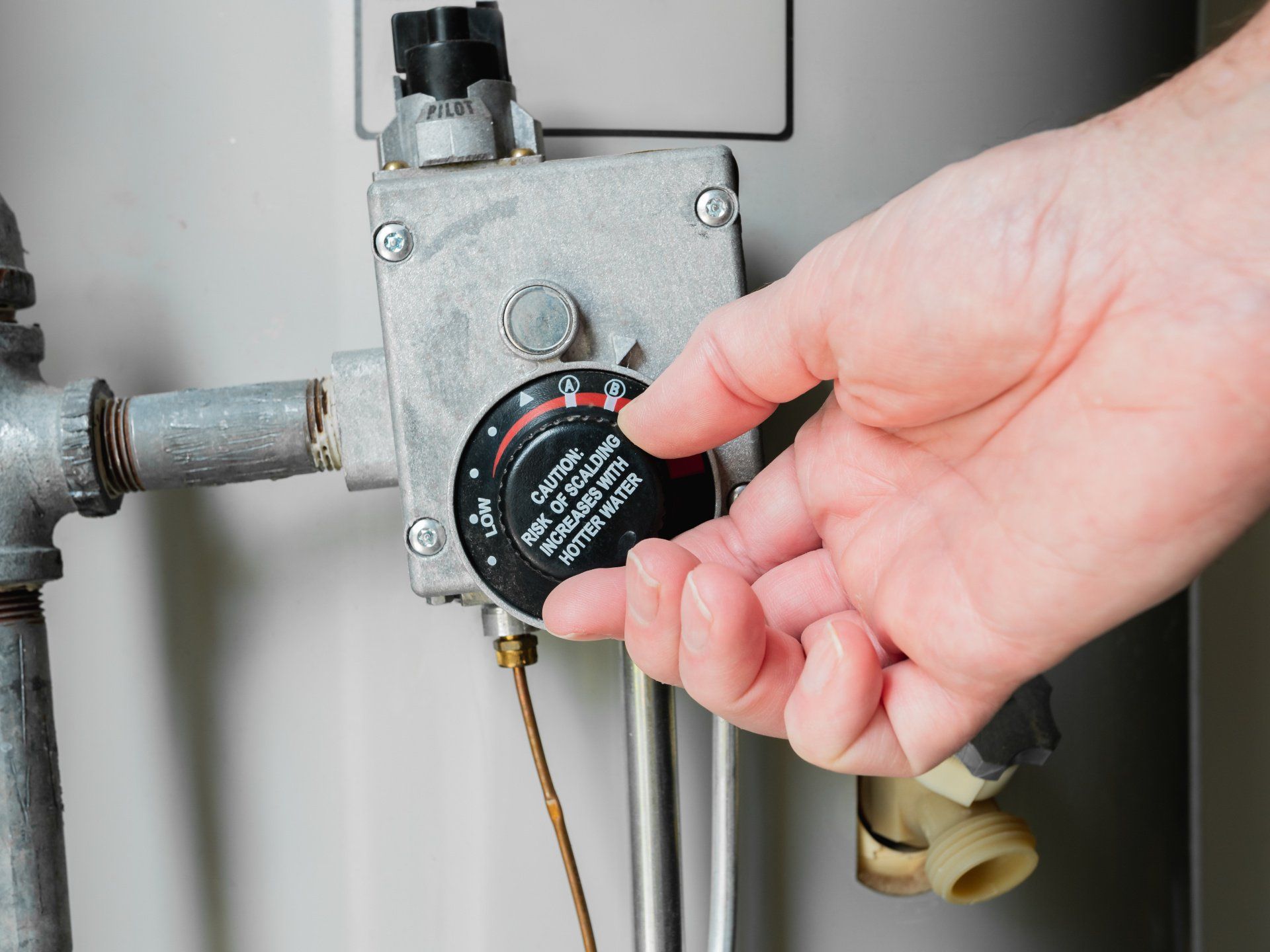
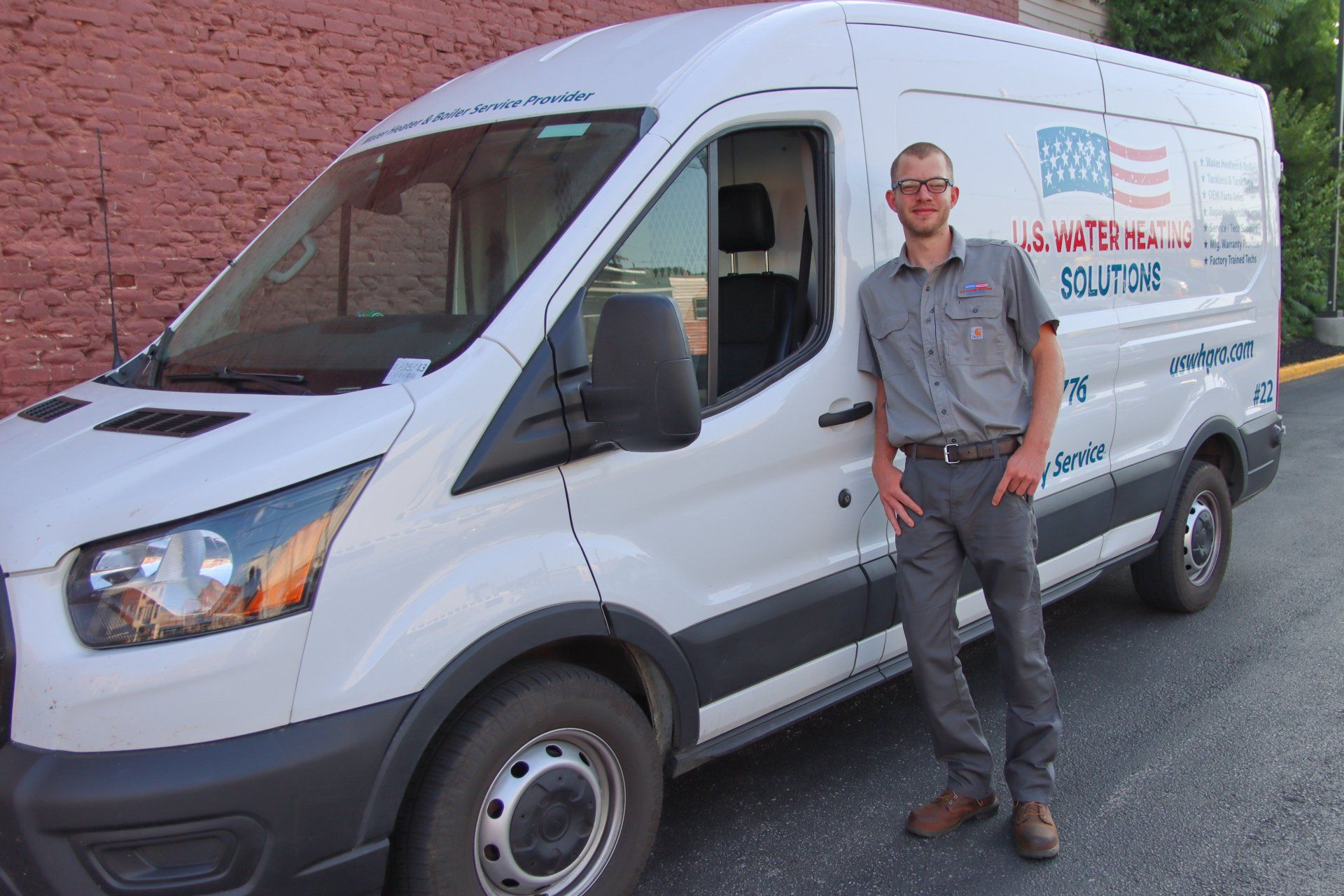
#4. Get Preventative Maintenance
Water heaters may lose efficiency over time. One of the main reasons that the unit can lose efficiency involves sediment buildup that develops in the tank over time.
All water contains minerals, but hard water contains more minerals than soft water. When hot water evaporates and turns to gas, it leaves the minerals behind. The minerals accumulate inside of the water heater, growing in quantity and size. The sediment buildup eventually impacts the components inside of the water heater, causing the water heater to use more energy.
During a
preventative maintenance appointment, a water heater tech will flush the water heater, removing the sediment buildup in the water heater. After the flush, you may notice your water heater working a little more efficiently.
#5. Install a New, Energy Efficient Water Heater
One way water heaters have improved over time is their efficiency. While consumers can still find budget water heaters with moderate efficiency ratings, most modern water heaters have higher efficiency ratings.
Water heaters have a Uniform Energy Factor (UEF) rating to label the product’s efficiency. The higher the efficiency rating to 1, the more efficient the water heater. For example, high efficiency tankless water heaters can have a UEF up to .98 (almost completely efficient). Some natural gas storage water heaters have efficiency ratings as low as .6 (only about 60% efficient).
Consumers should look for the Energy Star sticker on any new water heater they purchase. While some Energy Star units certainly have better efficiency than others, it’s a good place to start.
Learn more about Energy Star efficiency standards on their website!
Certain water heaters have greater efficiency than others. A tankless water heater operates more efficiently than a storage water heater. Water heaters that use renewable energy, such as a heat pump water heater, also operate rather efficiently.
Considering upgrading to a tankless water heater? Read our blog "Is a Tankless Water Heater Worth It?"
U.S. Water Heating Solutions
Ensure that you get the best results from your water heater with annual preventative maintenance through U.S. Water Heating Solutions.
During a preventative maintenance appointment, a factory-trained tech will inspect and clean your water heater to ensure you save energy when you run it.
Contact Water Heater Solutions today to submit a quote request.




